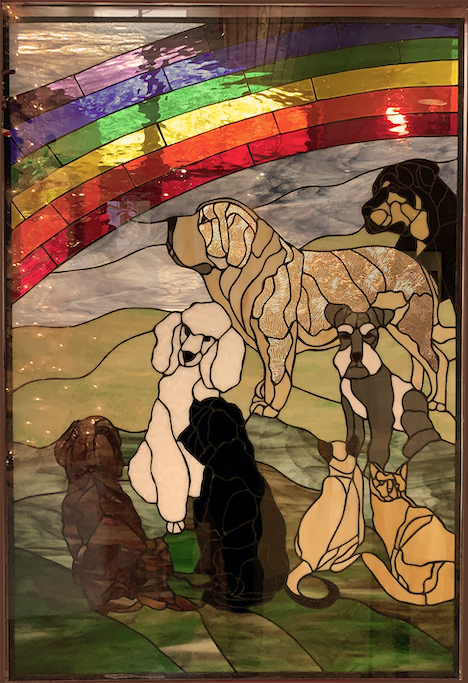Your Grief is
Normal & Natural

You are not going crazy. This grief is real and intense. The bond we share with our pets is a different level of intimacy than we will share with most other humans. They are in our lives by our sides, from the best of times and through the worst of times.
This is a hard goodbye. For many, you might be feeling guilt, anger, loneliness, and on top of everything else, oftentimes, our friends and family just don’t understand this level of pain. Although they may mean well, they often can say things that are very hurtful, like “Are you still sad about that?”, or “When are you going to get another pet?”
You don’t have to go through life stuck in grief, or pretending that you are okay, or trying to be strong. You deserve to grieve. You should be allowed to grieve. We allow you the space, tools, and community to do just that. Grieve and honor your loss in a way that is specific to you and the relationship that you have lost.
Every Sunday we host two free online pet loss support groups. Come discover just how comforting it can be to be around other people who have also lost and who share our profound love for those pets we've lost.





























